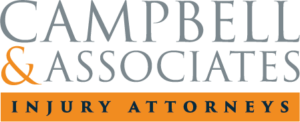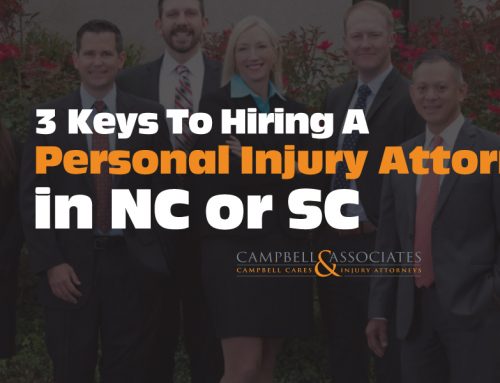Medical malpractice cases in North Carolina are governed by statute.
North Carolina medical malpractice laws govern time limitations, places limits on certain damages while outlining requirements for the evidence required in medical malpractice suits.
Expert Review Required
North Carolina is more restrictive than many states when it comes to medical malpractice cases. Before a malpractice action can be filed against a physician or health care facility, the claimant must employ an expert to review the case. The expert must be familiar with the standard of care for physicians in the area of practice that is the subject of the lawsuit, and must sign a sworn affidavit stating that he/she has reviewed the evidence, and is prepared to testify under oath that the defendant’s level of care fell below the accepted standard. This requirement is meant to weed out frivolous cases, but it does place a bit of a burden on injured people with legitimate complaints.
Standard Of Proof
If a medical malpractice case does go to trial, the testimony of one or more expert witnesses will be necessary in order to prove negligence on the part of the physician or health care facility. The North Carolina medical malpractice statute specifies requirements for expert witnesses in a malpractice cases:
- The expert must be licensed in North Carolina or any other state.
- The expert must have, within the year preceding the trial, devoted a majority oftheir professionaltime to practicing within the same specialty as the defendant or teaching the same specialty in an accredited medical school or clinical research facility.
- If the case involves a specialized procedure, the expert must have practiced or taught ina specialty,which includes the procedure which is the subject of the suit.
- If the defendant is a general practitioner, the expert must have devoted most of their professional time within the last year to general practice, or teaching general practice in an accredited school or research facility.
- In cases against hospitals or other health care facilities involving administrative or non-clinical issues, the expert witnessmust demonstratethat he/she has substantial knowledge, through experience or training, of the standard of care for similar facilities.
- Expert witnesses may not be paid on a contingency fee basis.
Why You Need A Medical Malpractice Attorney
The strict rules governing medical malpractice cases make it very difficult for a person who has been injured by a physician or health care facility to pursue legal action on their own. Locating qualified expert witnesses is a daunting task for someone unfamiliar with the applicable rules. An experienced medical malpractice attorney will be able to find the right experts for your case, and arrange for the required review and affidavit, which is the necessary first step.
Often, once an expert has reviewed a case and is willing to sign an affidavit, the case can be settled without going to trial. Your attorney will handle settlement negotiations, and if the case ends up going to trial, will locate the necessary expert witnesses and prepare their testimony. Don’t try to take on a medical malpractice case on your own. Call the malpractice experts at 704-326-7243 Campbell & Associates for a free case evaluation.



